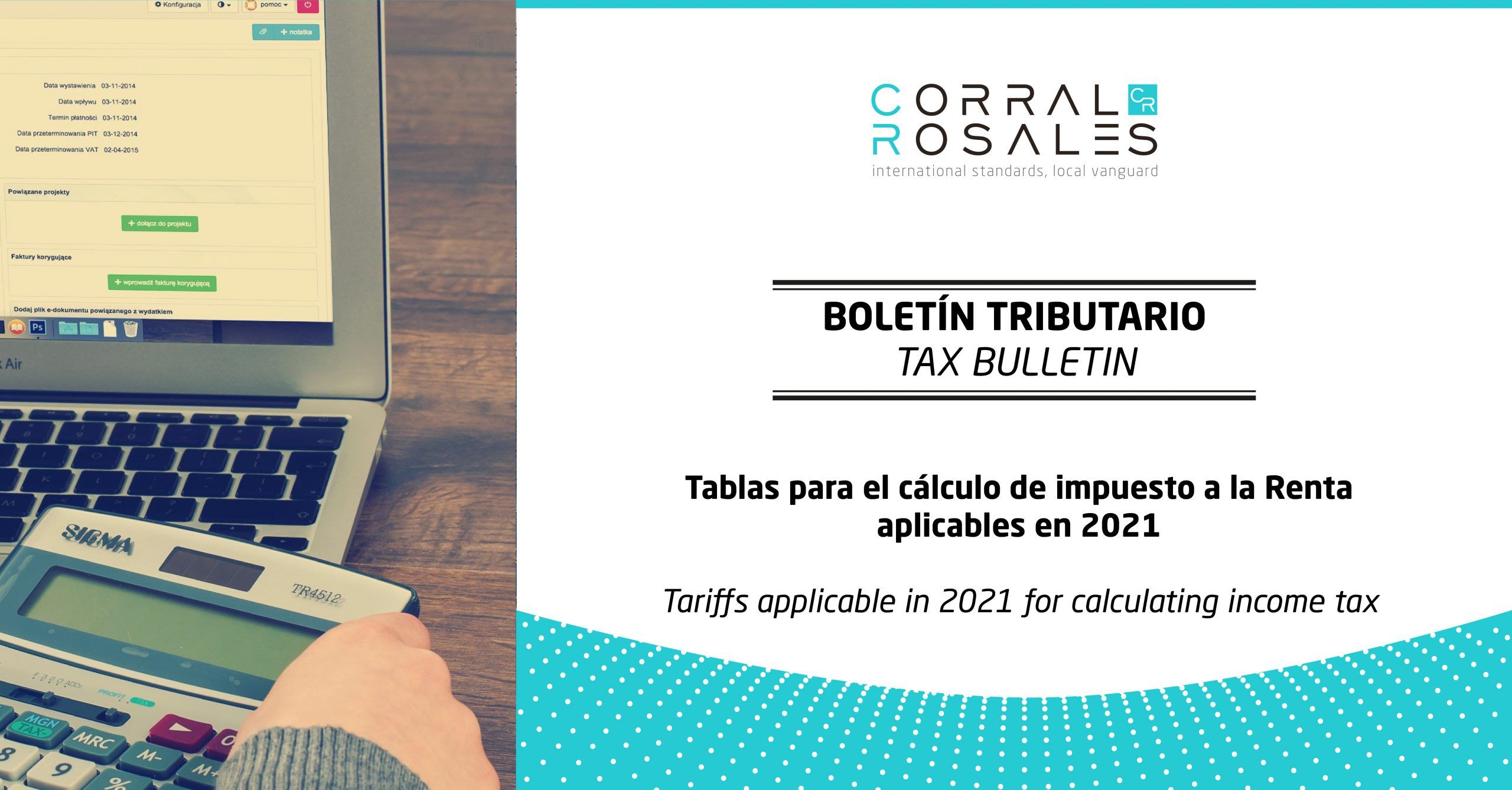The Law for the Rationalization, Reuse, and Reduction of Single-Use Plastics in Commerce (the “Single-Use Plastics Law”) was published on December 21, 2020. The main topics of the Law are the following:
1. Objective
The purpose of the Single-Use Plastics Law is to regulate the generation of plastic waste, the progressive reduction of single-use plastics through responsible consumption, reuse, recycling, and possible replacement by packaging made from recycled or biodegradable material.
2. Guiding Principles
The environmental principles for the interpretation of the Law are the following:
2.1 Comprehensive responsibility
2.2 Environmental Best Practices
2.3 Sustainable Development
2.4 Polluter pays
2.5 Prevention
2.6 In dubio pro natura
3. Progressive reduction of single-use plastic
The Single-Use Plastics Act provides for the progressive reduction of single-use plastics from the time it comes into effect:
Within 12 months, it is forbidden to:
1) Merchandise and use of single-use plastic bags and containers for food and beverage in national parks, protected areas, beaches
2) Use of single-use plastic bags or wrappers for the delivery of printed advertising, newspapers and magazines
3) Manufacture and import for internal consumption, distribution, delivery, and use of single-use plastic sorbets.
Within 24 months, it is forbidden to:
1) Manufacture and import for internal consumption, distribution, and use of plastic bags that do not contain the minimum percentage of post-consumer recycled material
2) Manufacture and import for internal consumption of bags and single-use articles that include additives that catalyze such materials’ fragmentation into microplastics.
(3) Manufacture and import for domestic consumption, distribution, and use of containers or packaging made of polystyrene, which does not contain the minimum percentage of post-consumer recycled material
Within 36 months, it is forbidden to:
1) Manufacture and import for internal consumption, distribution and use any modality of bags, plastic wrappers of a single whose manufacture does not contain the percentage of recycled raw material
2) Manufacture and import for domestic consumption, distribution and use of plastic plates, cups, and other single-use food and beverage utensils and tableware that are not recyclable or reusable and whose manufacture does not contain the percentage of recycled raw material.
4. Exception for the use of single-use plastics
Plastic bags and packaging that constitute the primary packaging of food in bulk or of animal origin are excluded from the above prohibitions. Also excluded from the standard are single-use bags and packaging related to cleaning, hygiene, health, or medical.
5) Minimum component
All bags, containers, and plastic products that are not mentioned in the prohibitions must comply with minimum characteristics determined by the Ministry of Environment in conjunction with the Ministry of Production and Foreign Trade. These characteristics will contemplate the minimum percentages of post-consumer recycled material. The percentages previously described will be reached progressively and within the deadlines outlined in this Law.
6. Registration
The Ministry of Environment shall create a national public registry of importers and producers of plastic, single-use plastic products. The Registry shall provide statistical information regarding the import, manufacture, distribution and consumption of these products.
7. Labelling
All plastic articles for consumption will have a label printed on their packaging recommending how to reuse and recycle them following the National Technical Standard
8) National Plastic Waste Reduction Plan
The Ministry of the Environment has 90 days to prepare the National Plan for the Reduction of Plastic Waste. This plan will establish the objectives, goals, strategies, and incentives to reduce plastic waste.
9. Infractions and sanctions
Some of the main infractions and sanctions are the following:
It is considered a severe infraction:
a) Recidivism by producers, importers, and marketers in the non-compliance with the prohibitions for reducing single-use plastic products.
It is considered a serious infraction:
b) Non-compliance by producers, importers, and marketers in the reduction of single-use plastic products.
c) The use of single-use plastics in prohibited areas.
The sanction will depend on the offender’s economic capacity according to the Organic Code of the Environment.
It will be a pleasure for Corral Rosales to assist you in adapting and fulfilling the present Law.















